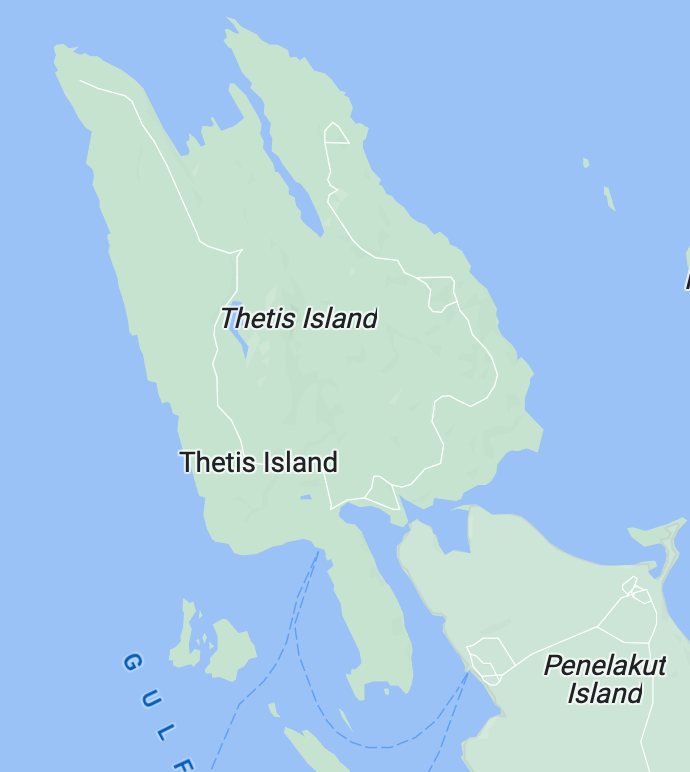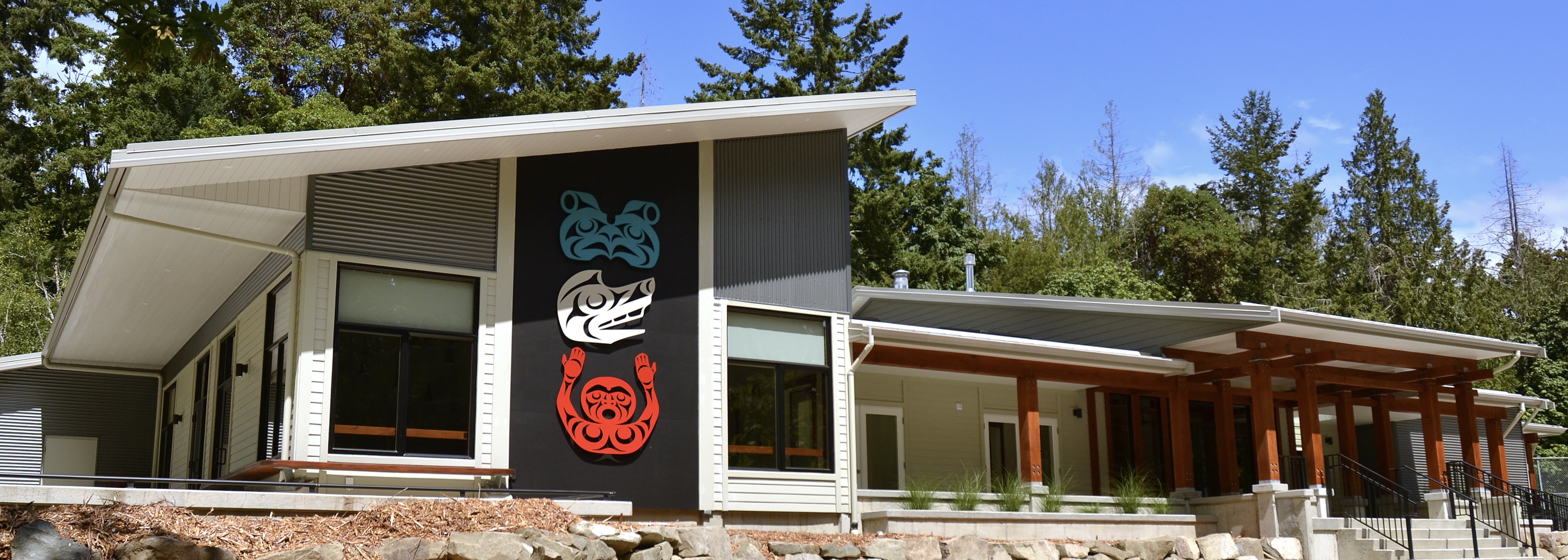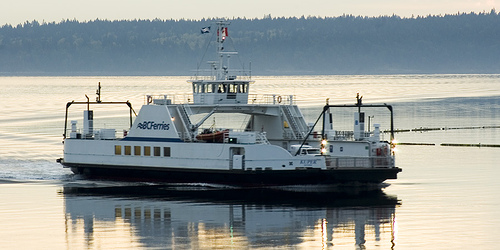Domain Jasmin ~ Vineyard & Winery
 Saturday, July 25, 2015 at 7:09AM
Saturday, July 25, 2015 at 7:09AM Tasting room is open this weekend from 12-4 p.m. Wine sales also available throughout the week by phoning for pickup or delivery.
"The oldest scientifically verified vine in the world is the Old Vine in Maribor, Slovenia and which is estimated to be around 400 years old. The vine grows by the river on the front of a house in Lent and is a symbol for the city's rich wine culture. The vine features on an illustration dating back to 1681 and still yields 16-25lbs of grapes."
Denis & Coleen 250-246-9494










